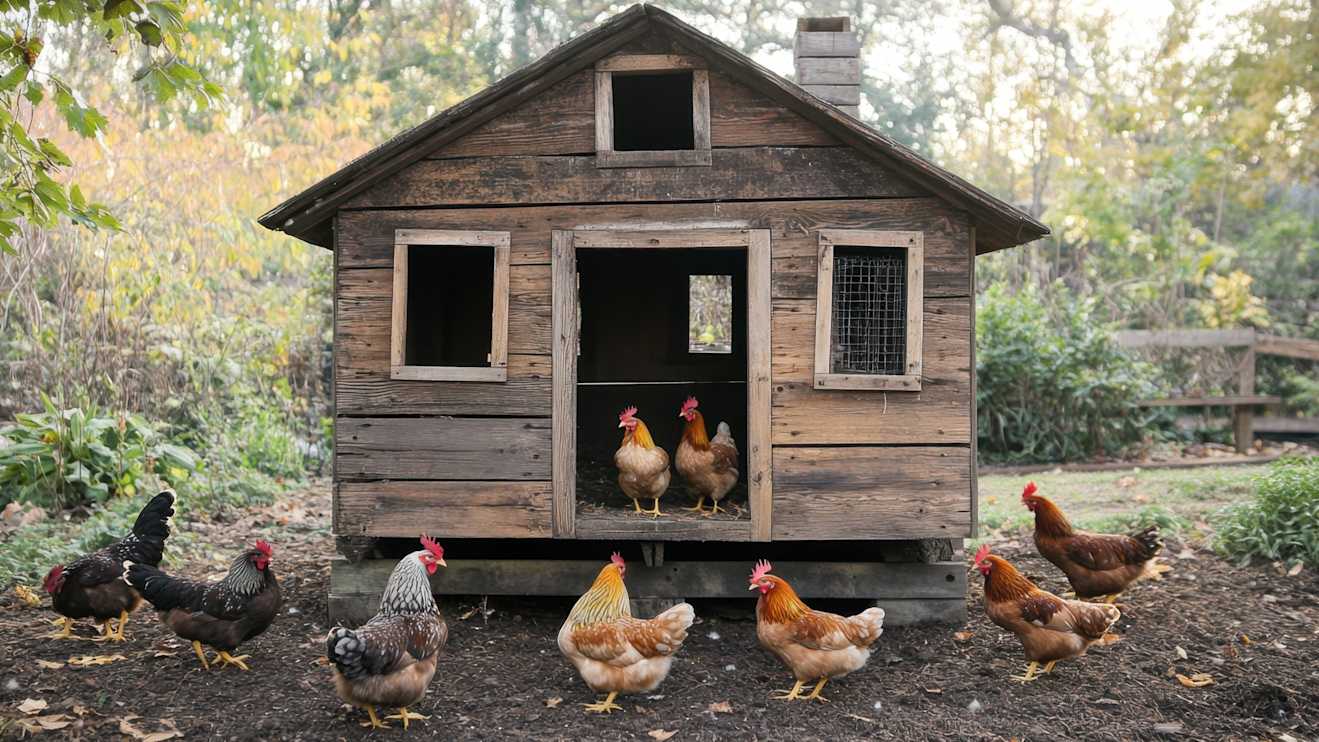
Do you know everything you need to know about your chickens?
Did you know:
A laying hen eats about 100 to 140 grams of chicken feed per day?
This laying hen needs at least 40 ml of fresh drinking water per day?
Egg production requires proper intake of important digestible minerals? (10 to 20 grams per day)
Chickens do not chew and they need to grind grains in the gizzard by eating small pebbles and grit?
Chickens have a molting period every year? During this period they renew their feathers.
This molting period causes a lot of stress for chickens? They are extra susceptible to diseases during this period.
By scratching and pecking around, chickens ingest unwanted bacteria and parasites? This can give them serious health problems. (e.g. coccidiosis)
Chickens can fall victim to unwanted ectoparasites in hot and humid weather conditions?
A healthy chicken ensures healthy eggs
Make sure your chickens are checked daily. Grab them and check them for parasites or fleas. Don't forget to also check their coop for red bird mites and other possible problems.
Another important aspect for healthy and firm eggs is your chickens' feed. HobbyFirst's range offers all the vitamins and minerals needed to ensure your chickens lay healthy eggs. Take a look at our assortment:
Moulting, what exactly is it?
Moulting takes place in late summer or early fall. At this time of year, the chicken starts to renew its plumage. This moulting period takes several weeks and requires a lot of energy and building materials. Because of this, the chicken will not lay eggs during this period. Once the plumage is completely renewed, it may take several more weeks for the hen to produce eggs again. It is important to continue to provide chickens with the correct nutrition and shelter during this period. This way the molt will pass by the quickest and the chicken can start laying eggs again after a while.